B.Tech. in Mechanical Engineering (Lateral Entry) offers a dynamic future with immediate specialization, industry relevance, and diverse career options in design, manufacturing, and automation, ensuring a rewarding and impactful career journey.
Future Scope & Benefits for Bachelor of Technology (B.Tech.) in Mechanical Engineering (Lateral Entry)
The future scope for Bachelor of Technology (B.Tech.) in Mechanical Engineering (Lateral Entry) is promising and dynamic, offering graduates advanced roles in design, manufacturing, and emerging technologies. Immediate specialization, practical skills development, and exposure to industry standards ensure graduates are well-prepared for diverse career opportunities. The program's adaptability to evolving technological trends and its emphasis on innovation contribute to a rewarding and impactful career journey. B.Tech. in Mechanical Engineering (Lateral Entry) provides a pathway to immediate career advancement and equips individuals to contribute meaningfully to the ever-changing landscape of mechanical engineering, making it a valuable and forward-looking educational choice.
Future Scope for Bachelor of Technology (B.Tech.) in Mechanical Engineering (Lateral Entry):
The future scope for a Bachelor of Technology (B.Tech.) in Mechanical Engineering (Lateral Entry) is promising and dynamic. Graduates can anticipate diverse opportunities in design, manufacturing, automation, and emerging technologies. Immediate specialization, industry relevance, and the continuous evolution of the field ensure a rewarding and impactful career journey.
-
Advanced Manufacturing Technologies: Mechanical engineers play a crucial role in the evolution of manufacturing technologies. The future will see an increased emphasis on advanced manufacturing processes such as additive manufacturing (3D printing), smart manufacturing, and robotics. B.Tech. graduates in Mechanical Engineering will be at the forefront of implementing and optimizing these technologies.
-
Industry 4.0 and Internet of Things (IoT): The integration of digital technologies with traditional manufacturing processes, known as Industry 4.0, is a significant trend. Mechanical engineers will be involved in designing and implementing smart systems that utilize IoT devices for monitoring, control, and optimization of manufacturing processes.
-
Renewable Energy and Sustainability: With a global focus on sustainability, the future of mechanical engineering includes a strong emphasis on renewable energy technologies. B.Tech. graduates can contribute to the development of wind and solar power systems, energy-efficient technologies, and sustainable practices in manufacturing.
-
Autonomous Systems and Robotics: The automation of various processes, including autonomous vehicles, drones, and robotic systems, is a growing field. Mechanical engineers are integral to designing and maintaining these systems. The future scope involves creating safer, more efficient, and adaptable autonomous systems.
-
Biomechanics and Medical Devices: Mechanical engineering has applications in the field of biomechanics, contributing to the design of medical devices, prosthetics, and rehabilitation equipment. The future will see advancements in personalized healthcare and B.Tech. graduates can play a role in developing innovative solutions.
-
Aerospace and Space Exploration: The aerospace industry continues to evolve, with ongoing developments in aircraft design, space exploration, and satellite technology. Mechanical engineers contribute to the design, testing, and maintenance of aerospace systems, making this an exciting area of future growth.
-
Data Analytics and Simulation: The use of data analytics and simulation tools is becoming increasingly important in engineering. Mechanical engineers will be involved in analyzing large datasets to optimize processes, predict equipment failures, and enhance overall system efficiency.
-
Emerging Technologies: As technology advances, new fields of exploration emerge. Future mechanical engineers may find themselves working on projects involving quantum computing, nanotechnology, or other cutting-edge technologies that redefine the boundaries of what is possible.
Benefits of Bachelor of Technology (B.Tech.) in Mechanical Engineering (Lateral Entry):
The benefits of pursuing a Bachelor of Technology (B.Tech.) in Mechanical Engineering (Lateral Entry) are significant. This program allows individuals with prior technical education to seamlessly enter into advanced stages of mechanical engineering studies. Students gain immediate specialization in crucial areas like thermodynamics, machine design, and robotics. The curriculum emphasizes practical skills through hands-on projects, providing a well-rounded education.
-
Advanced Standing: Lateral entry into a B.Tech. program allows individuals with a diploma in mechanical engineering or a related field to enter directly into the later stages of the degree. This advanced standing enables quicker completion of the program compared to traditional four-year programs.
-
In-Depth Knowledge: B.Tech. programs offer a more in-depth and advanced curriculum compared to diploma programs. This provides graduates with a comprehensive understanding of mechanical engineering principles and their practical applications.
-
Specialized Skills: B.Tech. graduates gain specialized skills that are directly applicable to the mechanical engineering field. This includes proficiency in computer-aided design (CAD), finite element analysis (FEA), and other tools commonly used in the industry.
-
Versatility in Career Paths: Mechanical engineering is a versatile field and B.Tech. graduates can choose from a variety of career paths. These may include roles in design, manufacturing, research and development, energy, and more.
-
Leadership Opportunities: With advanced education, B.Tech. graduates are better positioned for leadership roles within organizations. This may involve leading teams, managing projects, and contributing to strategic decision-making.
-
Professional Recognition: A B.Tech. degree is widely recognized and respected in the engineering industry. It enhances the professional standing of graduates, making them more competitive in the job market.
-
Networking Opportunities: B.Tech. programs provide opportunities for students to build a professional network. Networking with professors, industry professionals, and fellow students can open doors to internships, job opportunities, and collaborations in the field.
-
Research and Innovation: B.Tech. programs often include opportunities for research and innovation. Graduates can contribute to advancements in the field through research projects, design competitions, and collaboration with faculty members.
 3 Years
3 Years
 Under Graduate
Under Graduate
 Engineering
Engineering

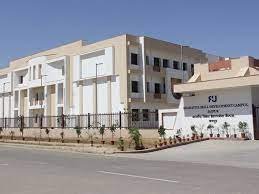

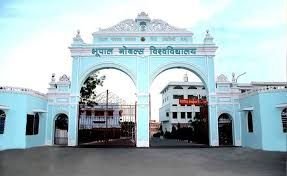



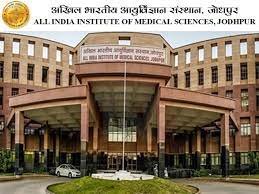
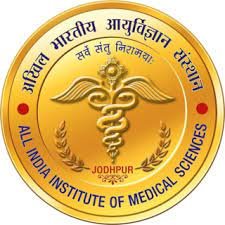
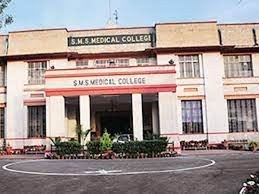
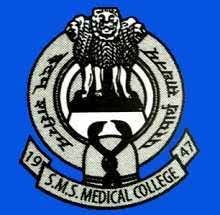

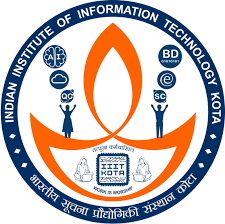

 back
back

